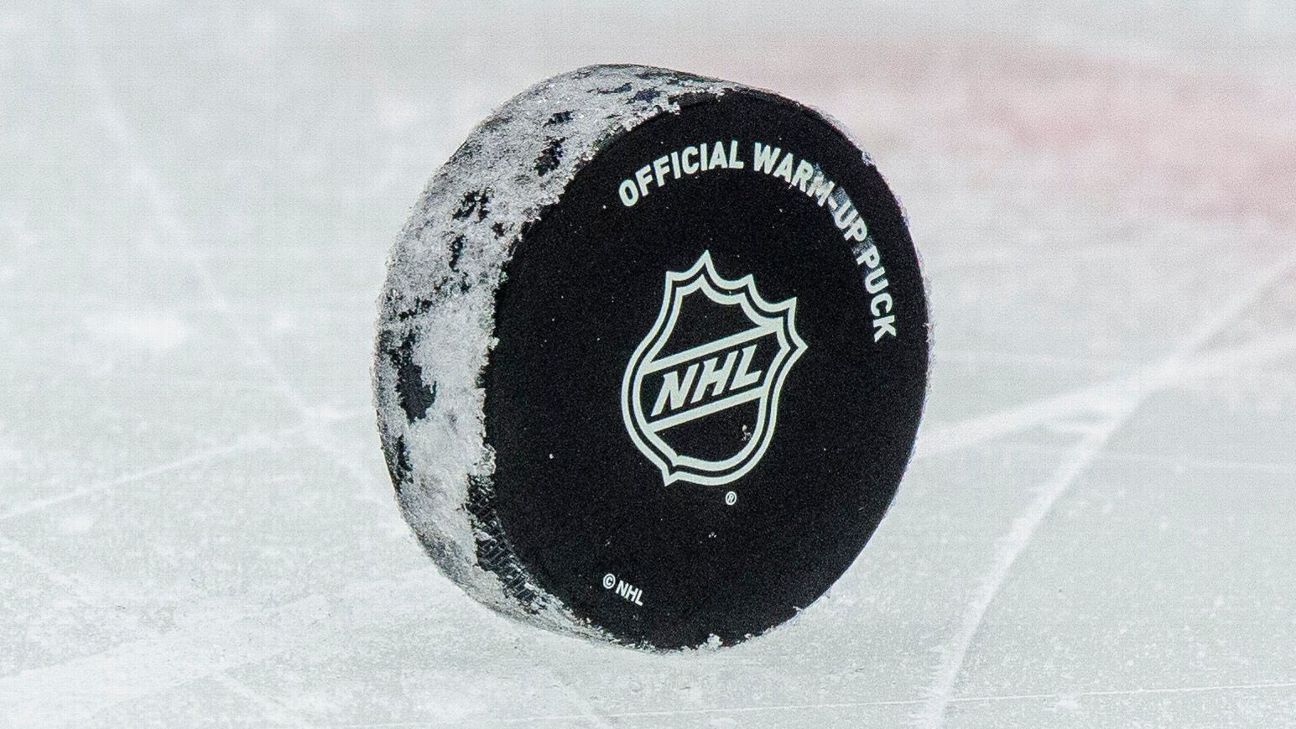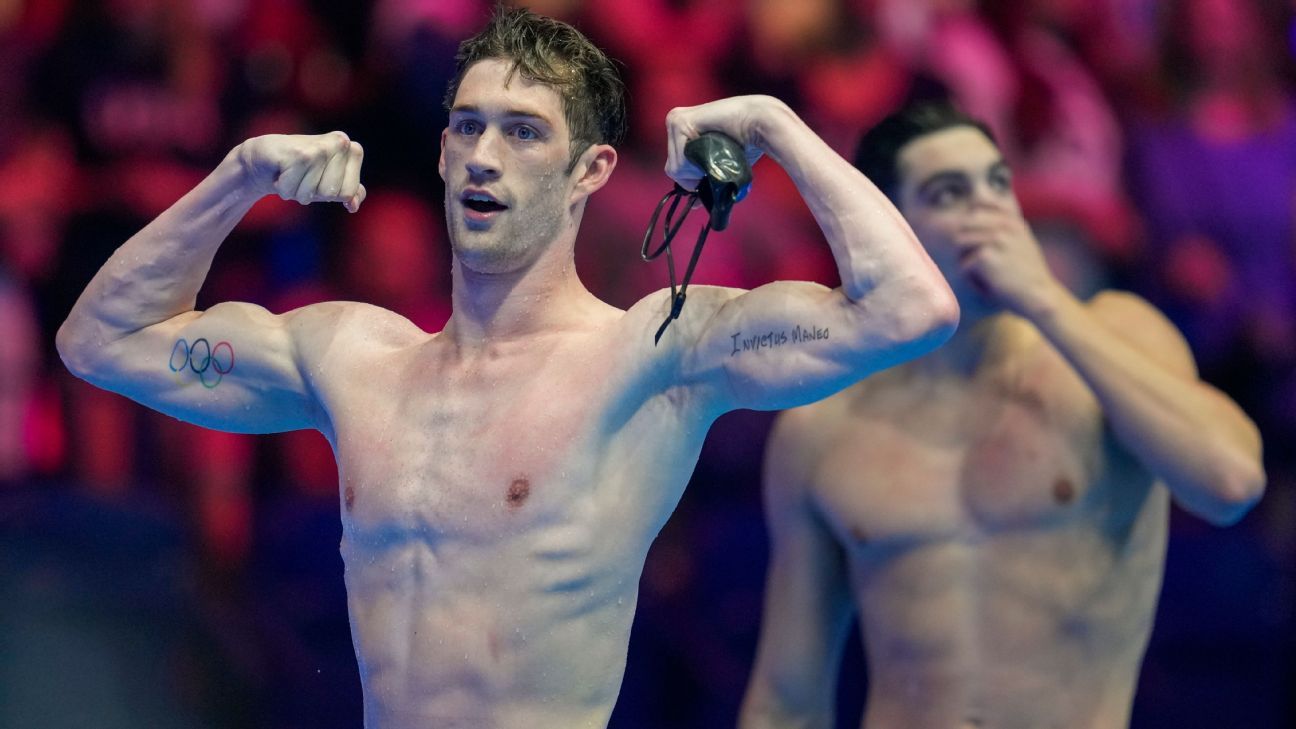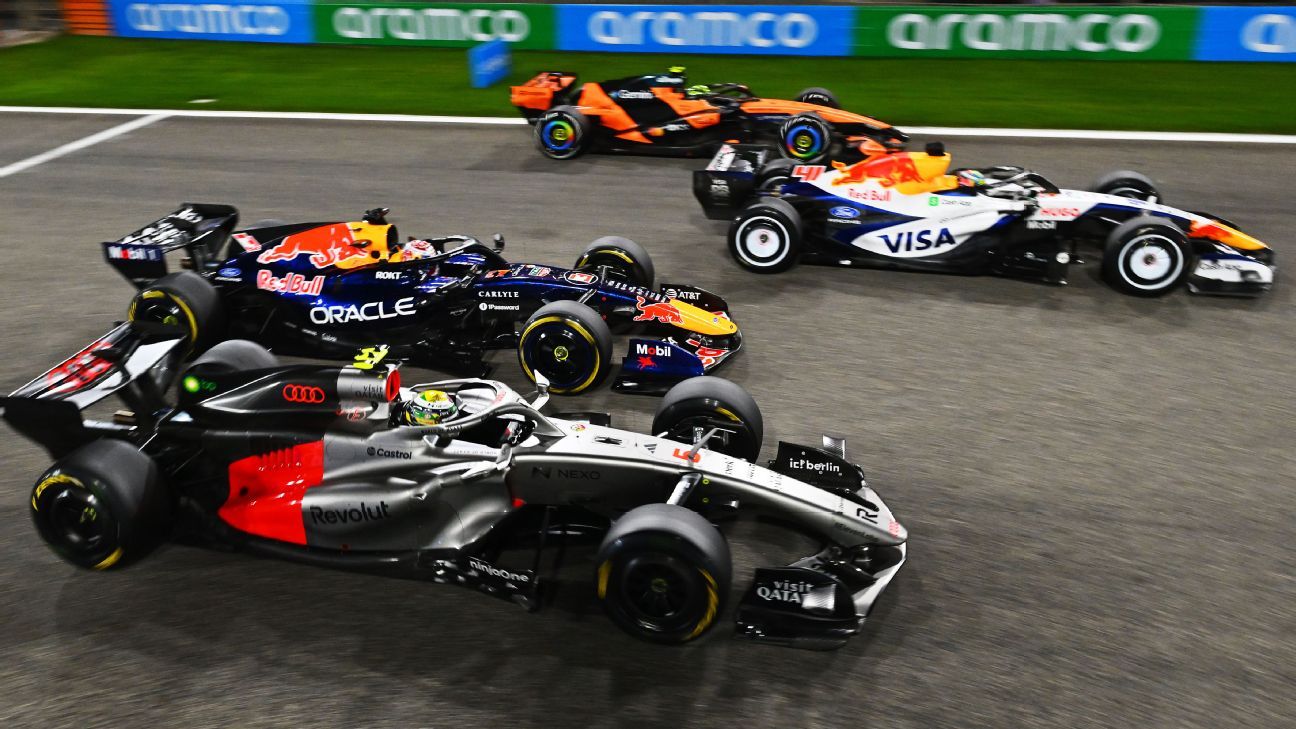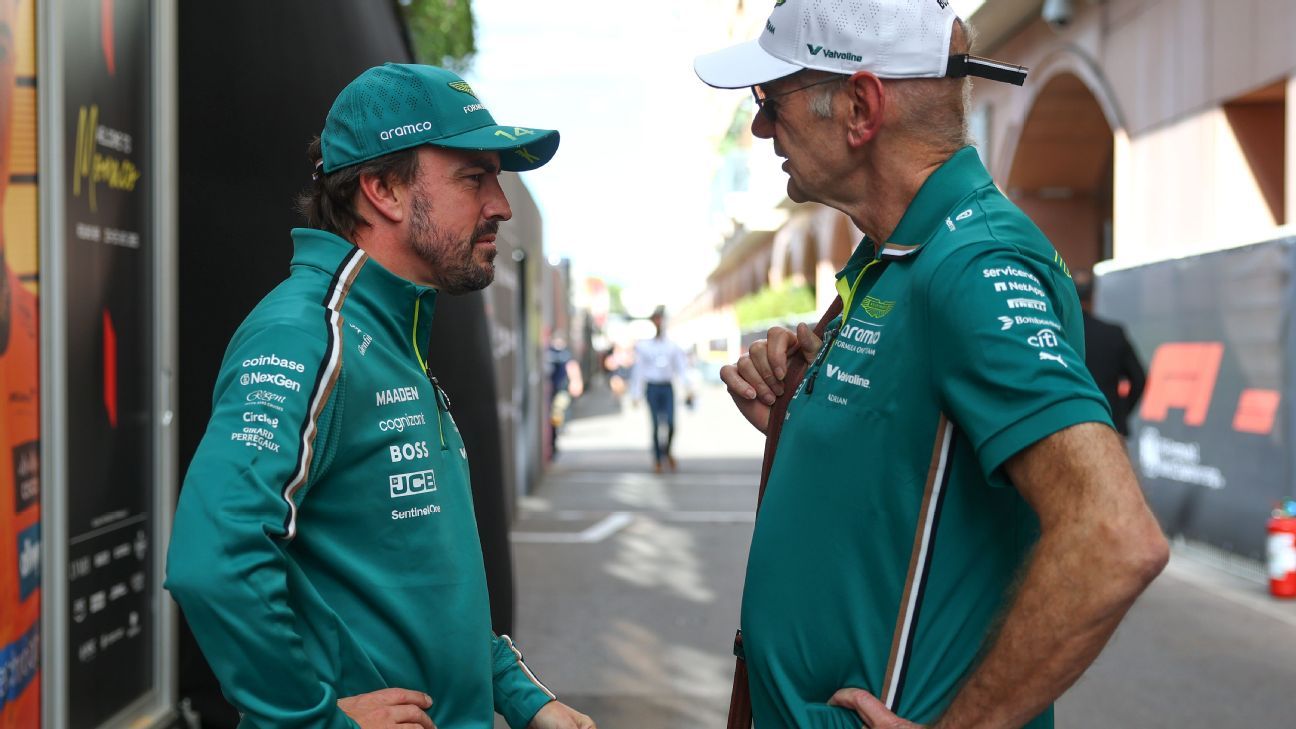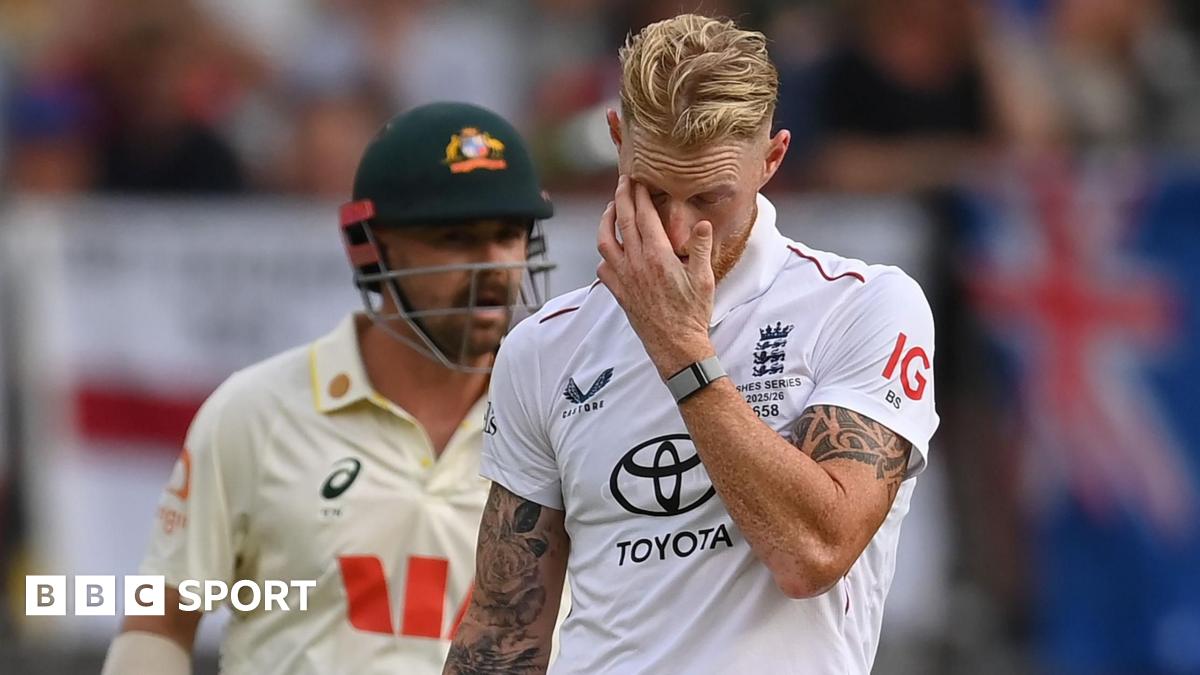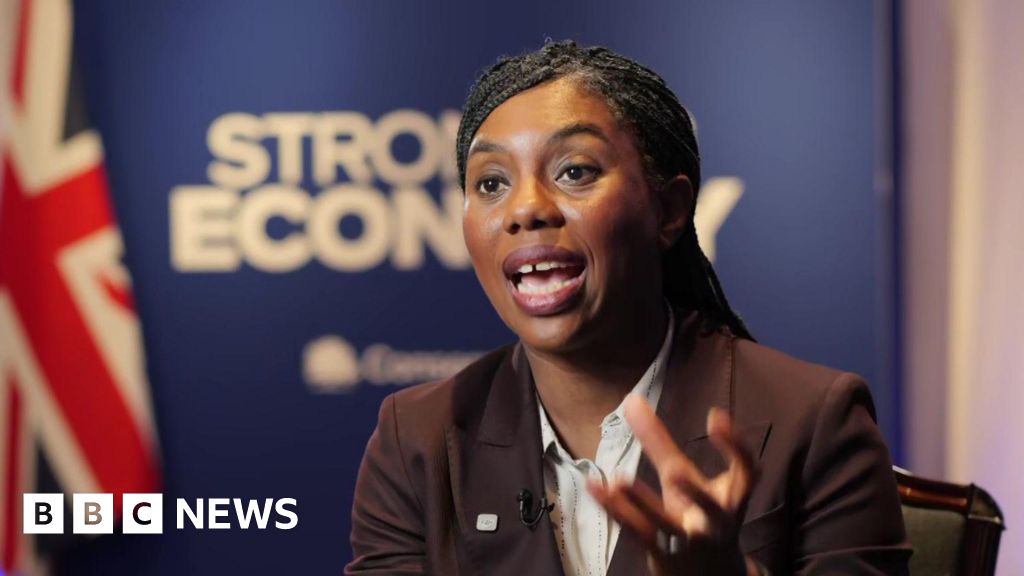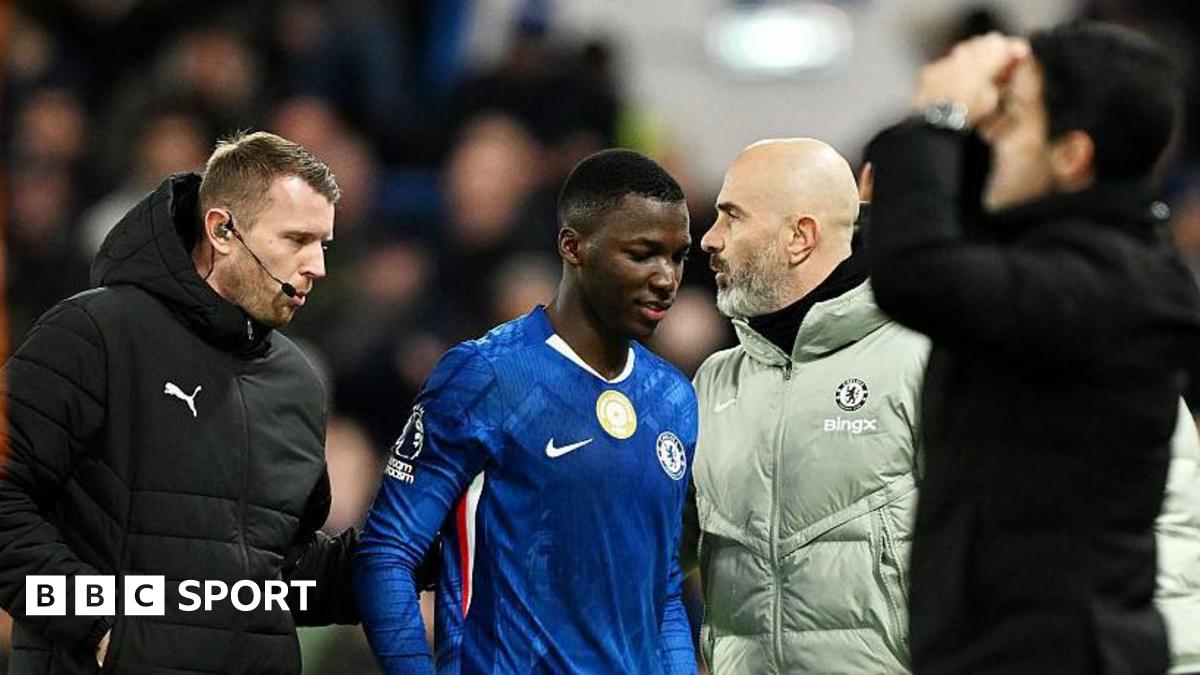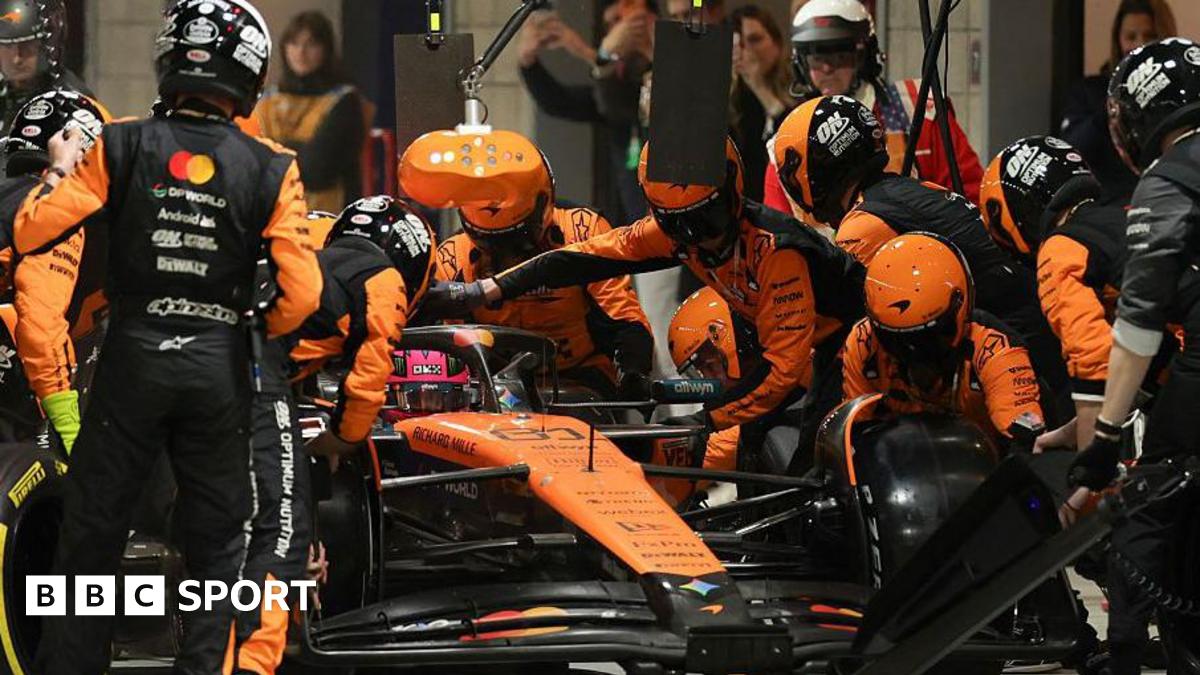
Emily KeoghNov 8, 2025, 11:00 AM ET
- Based in London, Emily Keogh is ESPN's women's soccer correspondent, specializing in the WSL and UWCL
In the end, we were not talking about the football, players or implications on the title race, as Arsenal vs. Chelsea ended in a 1-1 draw on Saturday afternoon. Despite it being arguably the biggest clash of the Women's Super League (WSL) season, between two of the top teams (the reigning domestic champions and reigning European champions), we were instead left talking about some dreadful officiating decisions that completely overshadowed what should have been a massive high-stakes clash.
The story should have been about how Arsenal, a team who have continued to drop points all season, struggled to contain Chelsea in a game that cements the Blues as firm favorites for the title.
Instead, we were left discussing how different the game would be with VAR technology, how badly the WSL needs better investment in officiating, and how annoying it is that the same situations keep happening time and time again. Many of the 56,537 fans -- from both Chelsea and Arsenal -- berated the officials as they trudged off the pitch and while that may be common in men's football, it is possibly the first time that such a strong reaction has come from opposite fanbases in the women's game.
After Alyssa Thompson's fine chipped opener for Chelsea, the focus turned to a corner that wasn't a corner, which led to a goal disallowed for handball that was not a handball; a yellow card that should have been a red; then an offside goal that stood; which was soon followed by a potential winning goal disallowed for offside that actually wasn't.
First, Arsenal won a corner in the 53rd minute that should have been a goal kick as it came off an Arsenal boot last. That led to Stina Blackstenius bringing the ball down off her body to smash an equalizer into the roof of the net. However, it was in this action -- where the ball passed close to, but did not touch, her hand in an unnatural position -- that the controversy began, as referee Melissa Burgin ruled it out for handball, much to the Gunners' dismay.
Arsenal midfielder Victoria Pelova was then lucky to remain on the pitch after a studs-up challenge on Keira Walsh's calf that saw her earn a yellow card, but really it should have been a red. With VAR, an intervention would have likely seen the Netherlands international sent off and the complexion of the game change again.
As the 87th-minute ticked over, Alessia Russo then found the back of the net with an expert leveler to make it 1-1, but it should not have stood as the England striker was clearly offside -- albeit marginally.
And, in a final twist of fate, Frida Maanum finished off an expert counter-attack shortly afterwards to give Arsenal what she thought was the winner, but was pulled up for offside despite being level with the last defender.
Those errors changed the entire game. After full-time, and given that they needed the result a lot more, Arsenal were furious. Chelsea may have got away with a point, but it would be unfair to say that the decisions went solely against the Blues.
Indeed, afterwards, both managers called for the involvement of VAR technology to mitigate the errors that shrouded the game.
"At the moment, if you ask me, I think in a game like this, we need just decisions. We need justice. That's where I think VAR and technology can come in," Arsenal boss Renee Slegers told a news conference. "Yes, there's more and more at stake in the WSL, at the top, but also in the relegation battle and everything in between. There's more and more at stake, I think we have to look at how we grow the game in all aspects."
While Chelsea boss Sonia Bompastor, who kept her 32-game unbeaten streak alive in the WSL, added: "When you analyze the men's game, it happens also, you have big games and we talk at the end about the refereeing. It happens. People maybe need to focus on the quality we had from both teams.
"This fixture is probably one of the most beautiful games in the world. Everyone wants to be involved in this game for many reasons, two good teams, the atmosphere at the Emirates was great. So it's really, really good publicity for the WSL. We should balance that with the refereeing."
It is not the first time that Chelsea and Arsenal have fallen foul of the lack of technology or poor decisions, either. Last season, the reverse clash at Stamford Bridge yielded similar results, with calls for VAR and improved standards in refereeing. It is a continuation of issues in the WSL stemming from a lack of fully professional and well-paid referees.
Indeed, is the same story that has continued for over a year with little change from the league, despite a takeover at the start of last season that promised investment into officiating. Investing in improving the standard of the referees is the first step; then it can be discussed how and when the expensive technology will be introduced, especially VAR that contains a host of positives as well as negatives, as we have seen from the men's game
But with 14 games left of the WSL season, this won't be the last time this topic hits the headlines. And it leaves one lingering question: how many more games will be ruined before improvements are made?

